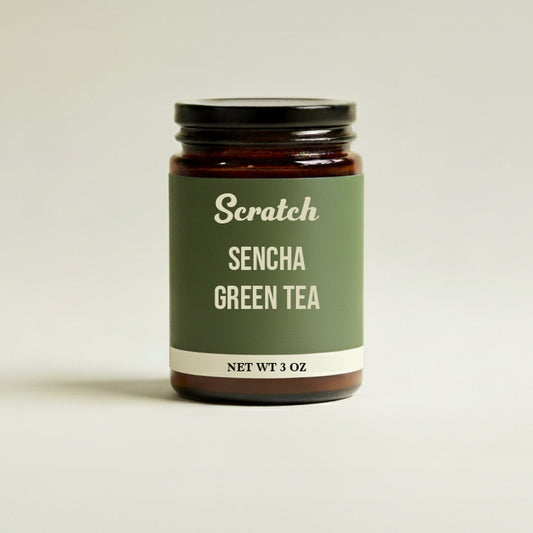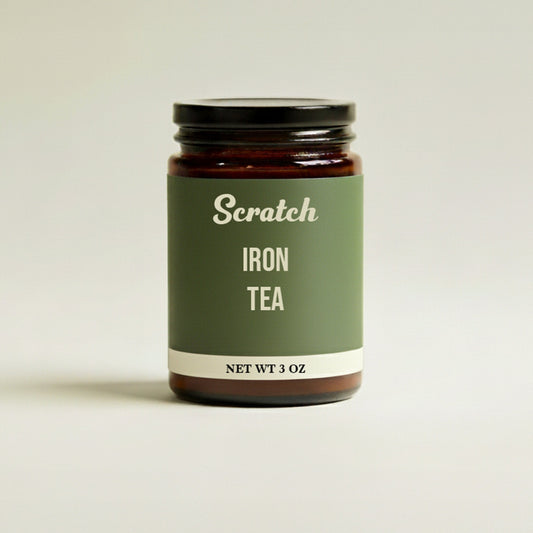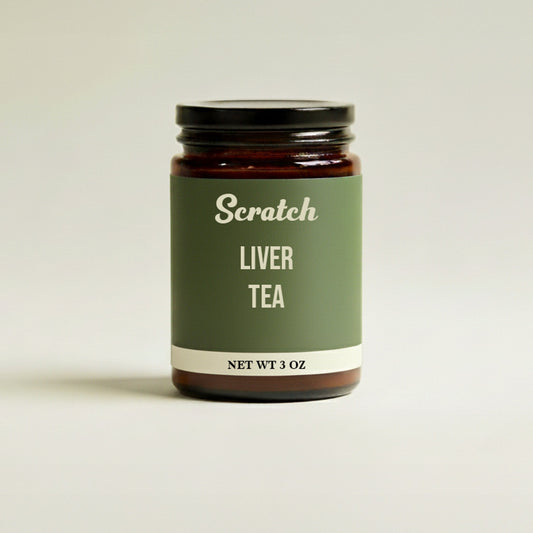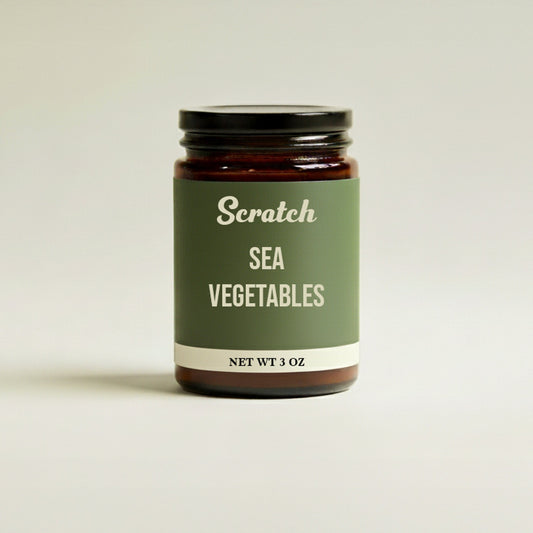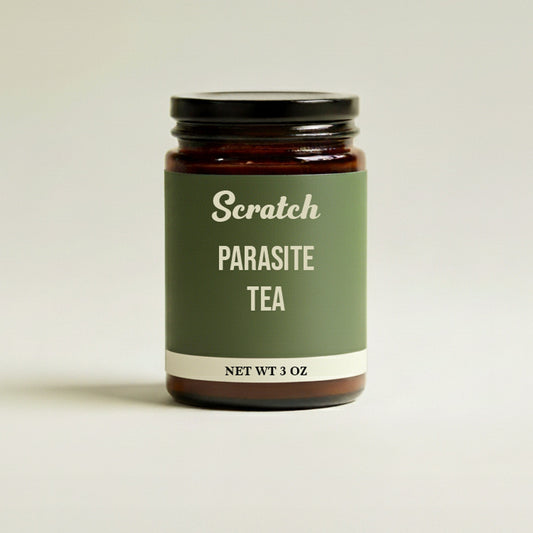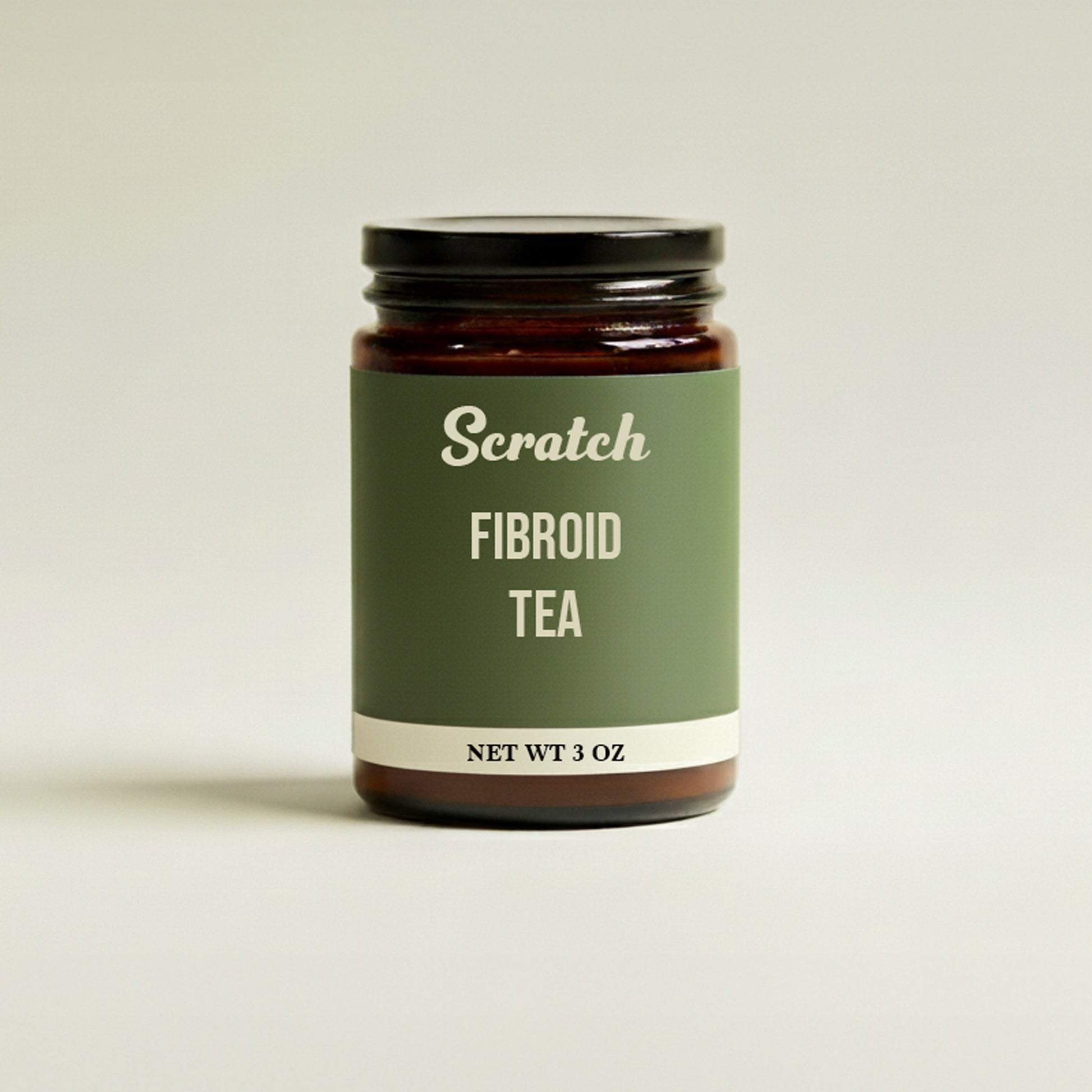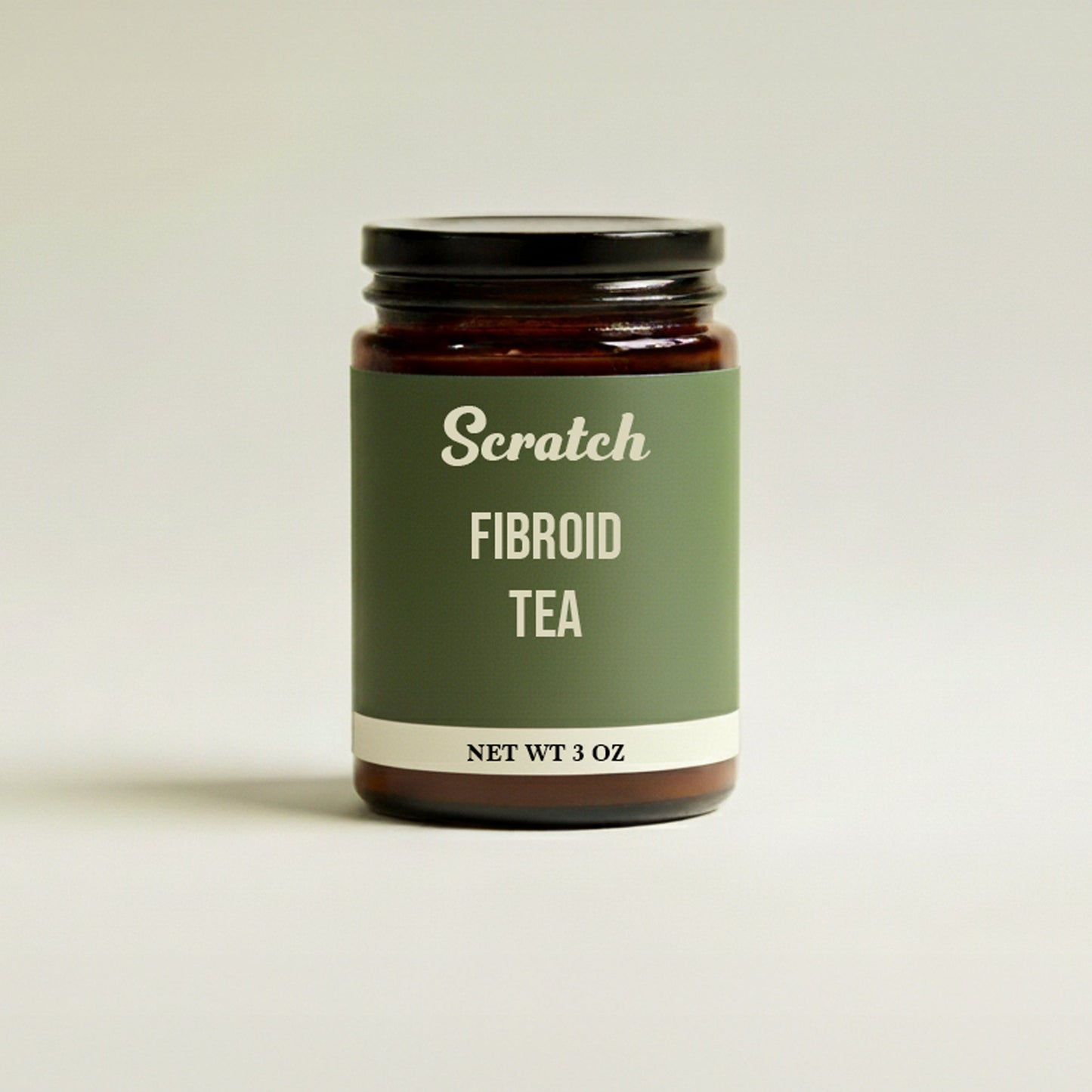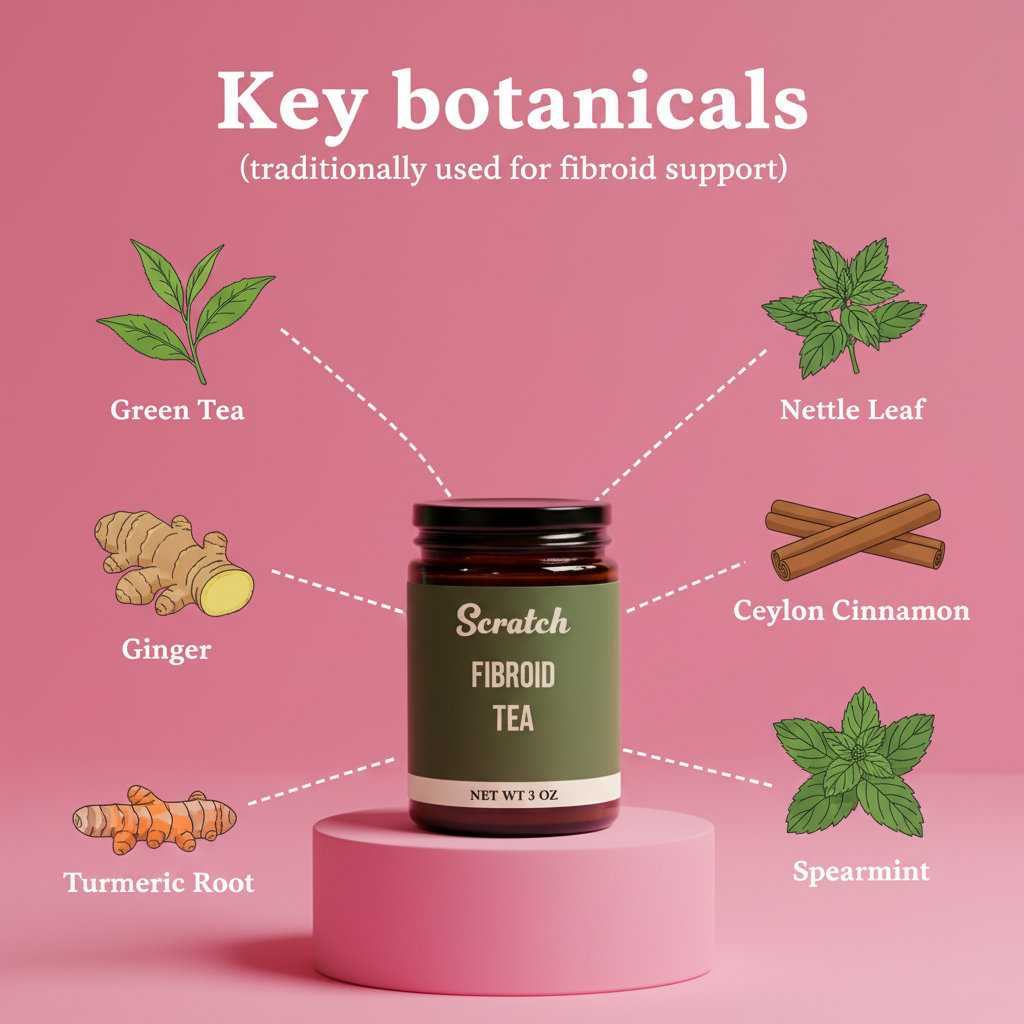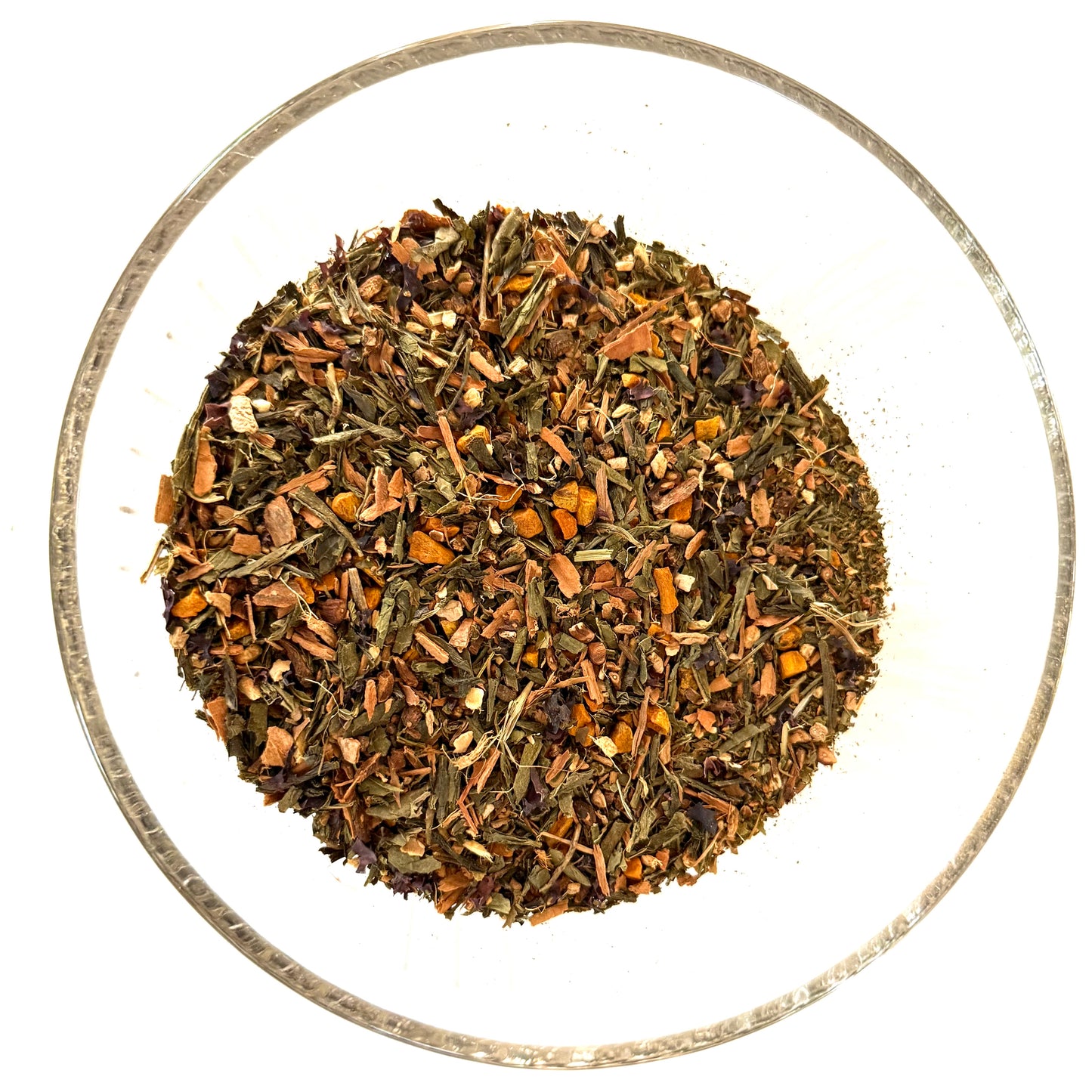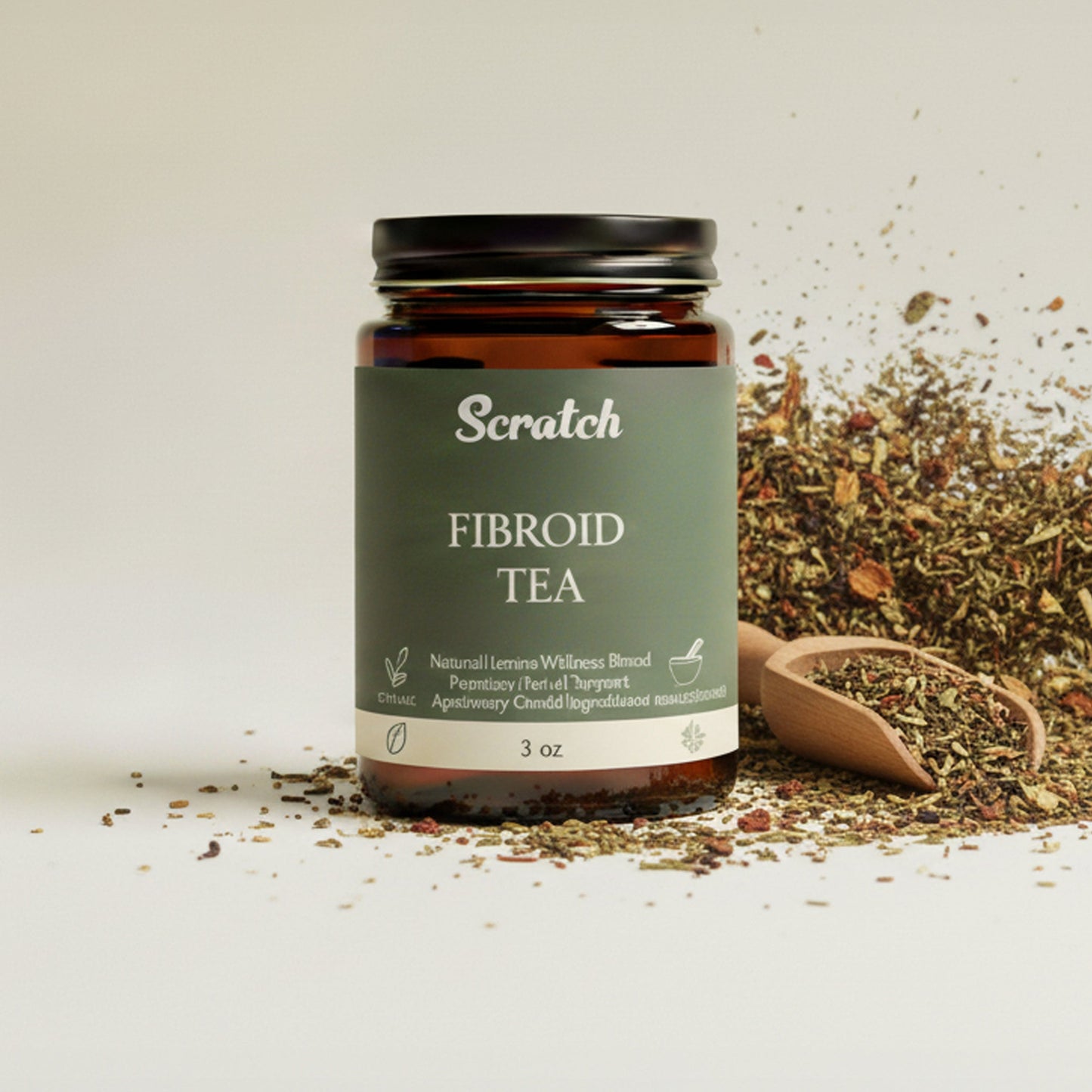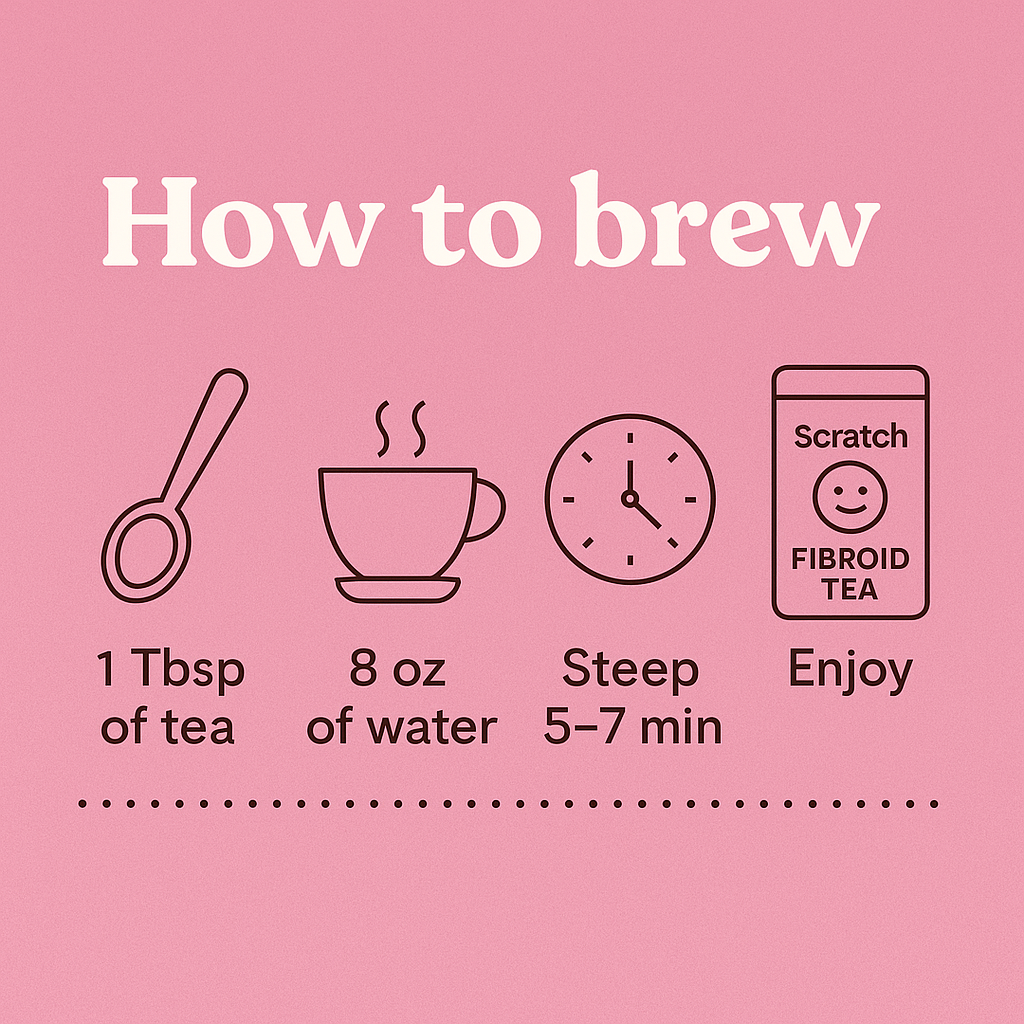Do Parasite Cleanses Really Work and Fibroids: What to Know
Search any social platform and you’ll find dramatic testimonials claiming a “parasite cleanse” can shrink uterine fibroids, stop heavy periods, and “detox” the body. As compelling as these stories sound, they aren’t backed by high-quality medical evidence. Below, we separate fact from fiction using trusted sources and outline safe, evidence-based options for fibroid care.
Quick take
There is no credible clinical evidence that parasite cleanses prevent, treat, or shrink uterine fibroids. Fibroids are hormone-sensitive growths of the uterus—not caused by intestinal parasites. If you suspect a parasitic infection, testing and treatment should be guided by a clinician. For fibroids, proven medical and procedural options exist.
What are uterine fibroids?
Uterine fibroids (leiomyomas) are benign growths of the muscle wall of the uterus that commonly occur during reproductive years. Many are small and asymptomatic, but they can cause heavy menstrual bleeding, pelvic pressure or pain, frequent urination, constipation, and fertility or pregnancy complications for some people. Risk factors include age (30s–40s), family history, higher body mass index, and Black race/ethnicity, among others.
For comprehensive overviews, see resources from the American College of Obstetricians and Gynecologists (ACOG) and the U.S. Department of Health and Human Services’ Office on Women’s Health (OWH).
What are “parasite cleanses”?
“Parasite cleanse” products are usually over-the-counter herbal supplements, teas, powders, or kits that claim to remove intestinal parasites or “toxins.” Common ingredients include wormwood, black walnut hull, clove, senna, cascara, and various essential oils. Marketers often equate increased bowel movements with “detoxing,” but laxative-induced stooling does not mean parasites have been eradicated.
Importantly, dietary supplements do not require FDA approval before marketing, and their safety and efficacy are not verified the way medications are. The U.S. Food and Drug Administration (FDA) cautions consumers that supplements can be contaminated, inaccurately labeled, or interact with medications. The National Center for Complementary and Integrative Health (NCCIH) notes there’s no good evidence that “detoxes” or “cleanses” eliminate toxins or improve health.
Do parasites cause fibroids?
No. The biology of fibroids is linked primarily to hormones (estrogen and progesterone), genetics, growth factors, and local tissue changes—not intestinal worms. The NIH’s Eunice Kennedy Shriver National Institute of Child Health and Human Development (NICHD) describes these mechanisms; parasites are not recognized as a cause or risk factor for fibroids.
If you have a real parasitic infection, what works?
In the U.S., clinically significant intestinal parasitic infections are relatively uncommon but do occur. Diagnosis should involve appropriate testing (for example, stool ova and parasite tests or antigen assays) and clinical evaluation. See MedlinePlus and the Centers for Disease Control and Prevention (CDC) Parasites site for how infections are identified and managed.
When treatment is needed, clinicians prescribe targeted medications such as albendazole, mebendazole, or praziquantel—depending on the organism. Herbal “cleanses” have not been proven to diagnose or cure parasitic infections and may delay effective care.
Will a parasite cleanse shrink fibroids?
No high-quality trials show that parasite cleanses reduce fibroid size, lighten periods, or improve fibroid-related symptoms. Claims rely on anecdotes and marketing. Meanwhile, untreated heavy bleeding can lead to iron-deficiency anemia and fatigue, and delays in care can make symptoms worse. Evidence-based treatments are available (see below).
Potential risks of parasite cleanses
- Regulatory gaps and contamination: Supplements are not preapproved for safety or effectiveness, and some have been found adulterated with prescription drugs or harmful substances. See FDA guidance on dietary supplements.
- Side effects and toxicity: Ingredients commonly used in cleanses can cause problems. For example, stimulant laxatives like senna can lead to cramping, diarrhea, dehydration, and electrolyte imbalances, especially with prolonged use (MedlinePlus). Some botanicals have been linked to liver injury; NCCIH urges caution with “detox” regimens.
- Drug interactions: Herbal products can alter how your liver processes medicines (e.g., anticoagulants, blood pressure drugs, birth control), increasing bleeding risk or reducing contraceptive effectiveness.
- Pregnancy and breastfeeding risks: Many cleanse ingredients have not been proven safe during pregnancy or lactation and may pose risks to the fetus or infant. Discuss any supplement with your clinician first.
- Delayed diagnosis and care: Relying on cleanses can postpone evaluation for fibroids, anemia, thyroid disorders, or other causes of bleeding that need medical attention.
Evidence-based options for fibroids
Treatment is individualized—based on your symptoms, fibroid size and location, fertility goals, and overall health. Options include:
- Watchful waiting: If fibroids are small and symptoms are mild, periodic monitoring may be appropriate.
- Managing heavy bleeding: Nonsteroidal anti-inflammatory drugs (NSAIDs) for cramps; tranexamic acid during menses; certain hormonal contraceptives; and levonorgestrel-releasing IUDs can reduce bleeding for many.
- Hormone-directed therapies: Short-term use of gonadotropin-releasing hormone (GnRH) agonists or antagonists can shrink fibroids and improve anemia, often as a bridge to surgery.
- Minimally invasive procedures: Uterine artery embolization, radiofrequency ablation, or MRI-guided focused ultrasound may relieve symptoms in selected patients.
- Surgery: Myomectomy removes fibroids while preserving the uterus; hysterectomy removes the uterus and definitively treats fibroids for those who do not desire future pregnancy.
ACOG’s patient FAQ on uterine fibroids reviews benefits, risks, and who may be a candidate for each approach. Work with your OB-GYN or interventional radiologist to match your goals to the right plan.
Supportive steps while you seek care
- Address anemia: If you have heavy bleeding, ask your clinician about checking iron levels (including ferritin). Iron-rich foods and, when appropriate, iron supplements can help correct deficiency.
- Track symptoms: Keep a log of bleeding days, flow, clots, pain, and medication use—this helps tailor treatment.
- Medication review: Before starting any supplement or cleanse, discuss it with your clinician or pharmacist, especially if you take prescription medications.
When to see a clinician promptly
- Heavy bleeding that soaks through one or more pads or tampons every hour for several hours
- Passing large clots, lightheadedness, shortness of breath, or signs of anemia
- Pelvic pain, pressure, or a rapidly enlarging abdomen
- Infertility concerns or new symptoms during pregnancy
How to evaluate health claims online
- Favor .gov, .edu, and major medical society sites (e.g., CDC, FDA, NIH/NICHD, ACOG).
- Look for citations to peer-reviewed studies, clear explanations of risks, and disclosures of conflicts of interest.
- Be wary of products that claim to cure multiple unrelated conditions or require repeated “detox” cycles.
The bottom line
Parasite cleanses are not proven to treat fibroids—and they can carry real risks. If you’re dealing with heavy periods, pelvic pressure, or anemia, evidence-based care from a qualified clinician is the safest, most effective path. If you’re worried about parasites, seek medical evaluation and appropriate testing; do not self-diagnose.
Your health decisions should be guided by reliable information and a trusted care team. Start with the resources linked above and a conversation with your OB-GYN.



